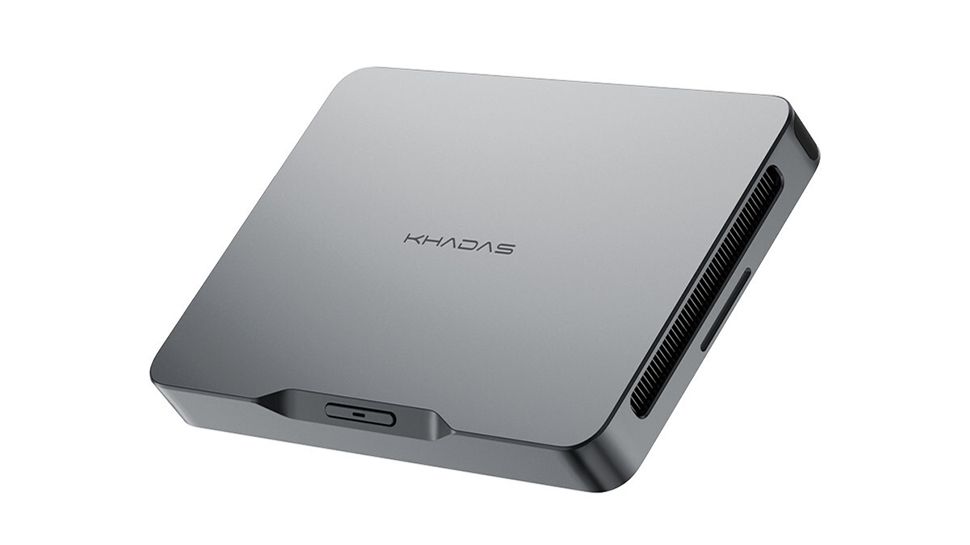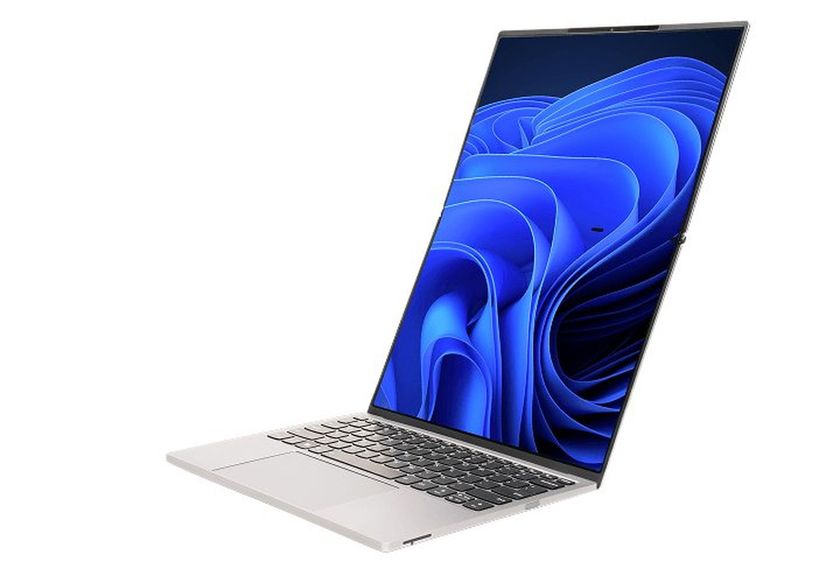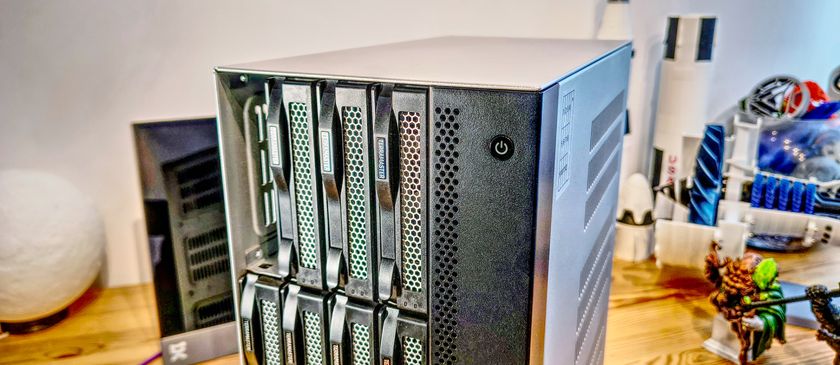Plucky startup beats Dell, Lenovo and HP by putting first Lunar Lake mini PC on sale — and yes, it even offers a GeForce RTX 4060 Ti GPU
But the latest generation of the Khadas Mind isn't cheap

Chinese brand Khadas is probably best known for its modular computing solutions, including mini PCs and AI development kits (we reviewed its Mind mini PC in 2023 and called the system’s technology and design "exceptional").
Now, the company is back with a new, third-generation modular PC powered by Intel’s new Lunar Lake chip.
The Intel Lunar Lake AI PC Development Kit is available for purchase now, although it’s being offered exclusively for developers. For a hefty price of $1,199, you get a device powered by the Intel Core Ultra 7 258V chip with Intel Arc 140V graphics, supporting 8K 10-bit HDR video and AV1 encoding/decoding, 32GB of LPDDR5X 8533MHz RAM, and a 1TB PCIe 4.0 2230 SSD. Other configurations are planned but not yet available.
Mind Link modules
The device sports a variety of ports, including Thunderbolt 4 (supporting up to 40Gbps data transfer and up to 100W charging input) which is capable of handling two 4K 60Hz displays or one 8K 60Hz display. The mini PC also has one USB4 port, one HDMI 2.0 port, two USB 3.2 Gen2 ports, one PCIe 4.0 M.2 2230 SSD slot, and the Mind Link interface for expansion.
The upgraded Mind Link interface now offers a maximum bandwidth of 256GT/s - four times faster than Thunderbolt 4. Compatible modules include the multi-functional Mind Dock, the Mind Graphics eGPU module with GeForce RTX 4060 Ti, and the upcoming Mind xPlay display.
Khadas says the mini PC's built-in 5.55Wh standby battery allows for seamless module swapping without shutting down the device. When disconnected from expansion modules, the PC enters standby mode and instantly resumes the previous work interface upon reconnection, ensuring an uninterrupted workflow.
More from TechRadar Pro
- We've rounded up the best mobile workstations on the market today
- And these are the best workstations we've found
- Khadas may have the perfect solution for graphics hungry workstation users
Are you a pro? Subscribe to our newsletter
Sign up to the TechRadar Pro newsletter to get all the top news, opinion, features and guidance your business needs to succeed!

Wayne Williams is a freelancer writing news for TechRadar Pro. He has been writing about computers, technology, and the web for 30 years. In that time he wrote for most of the UK’s PC magazines, and launched, edited and published a number of them too.
Most Popular





